From Portsmouth to the Falklands: The Adventures of a Travelling Biomedical Andrologist
Karina Evans, Specialist Biomedical Scientist and Trainee Clinical Scientist in Cytology and Andrology at Queen Alexandra Hospital in Portsmouth
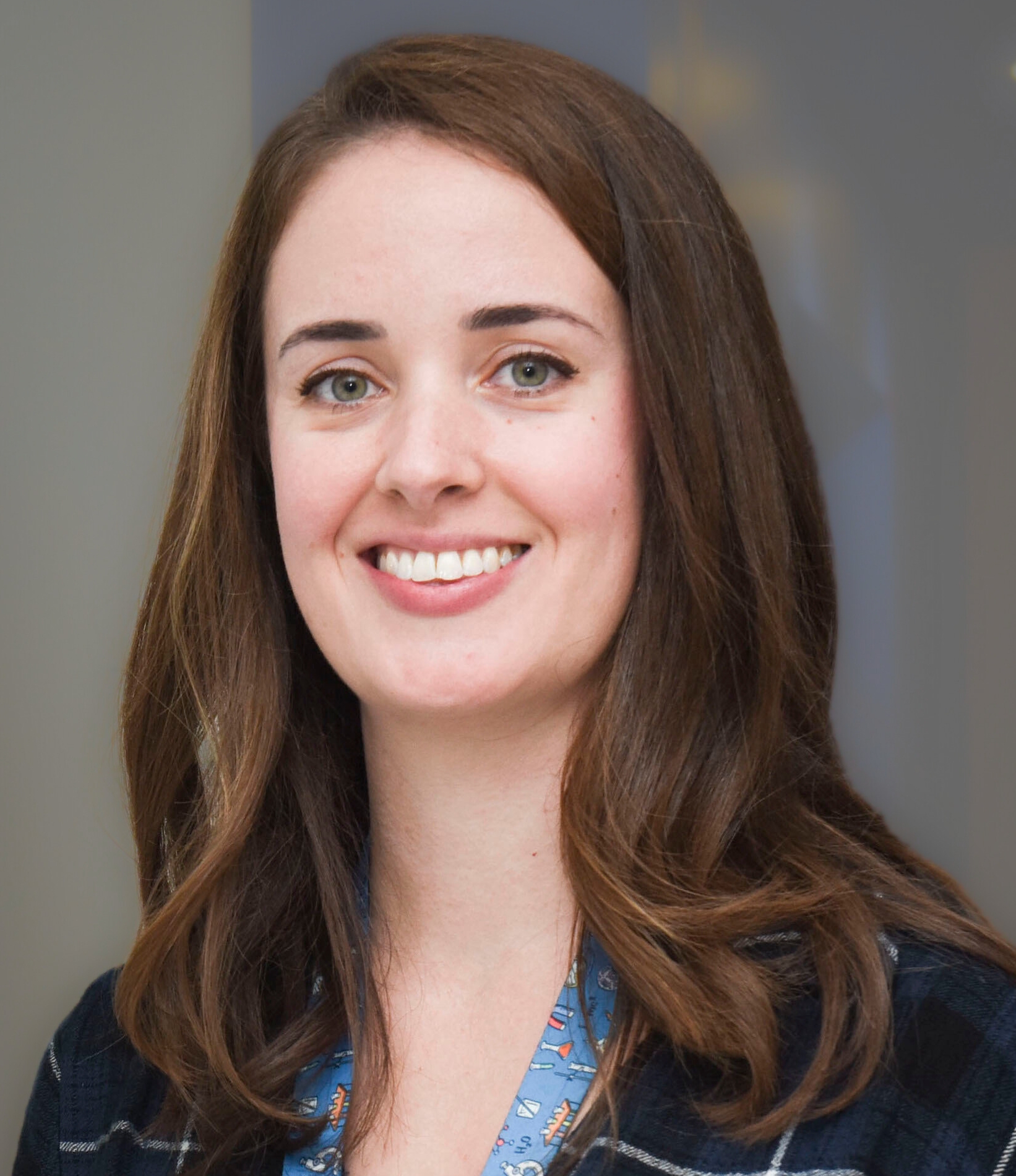
Following on from Stuart Dawe-Long’s Andrology-based blog last month, I am one of those Cytologists who is also an Andrologist! I joined the world of Cytology in 2009 and never looked back, but in 2021, I expanded my repertoire by venturing into the world of Andrology. I’m now in my third and final year of the Scientist Training Programme (STP) and will (hopefully) register as a Clinical Scientist in September 2025.
As a Biomedical Andrologist and STP trainee, I’m accustomed to performing semen analysis and providing fertility support to patients who are struggling to conceive. However, my recent trip to the Falkland Islands to set up and run a temporary diagnostic andrology clinic on behalf of Portsmouth Hospitals University Trust (PHUT) was an adventure unlike any other that combined Andrology, resilience, and, of course, penguins. In this blog, I’ll share the journey, the challenges, and the highlights of bringing specialised healthcare to a remote location where equitable access to fertility services is usually 8000 miles away.
Diagnostic Andrology: What it’s all about
As Stuart described in his blog, Andrology is the branch of healthcare that focuses on male reproductive health; within that, semen analysis is a key diagnostic test that is often the first step towards evaluating and understanding potential male reproductive health issues. The analysis looks at several parameters, including motility (movement), concentration (how many) and morphology (shape and size) of the sperm cells. The results of the assessment can highlight potential fertility issues and reveal underlying conditions that may impact a couple’s chances of conceiving.
Usually, semen analysis is performed in a well-equipped lab with easy access to a multidisciplinary support team, so it was a welcome challenge to see how PHUT could offer this service on the other side of the world.
The Importance of Equitable Access to Healthcare
For many of us, accessing healthcare through primary and secondary care services is something that we take for granted. But for those living in remote areas, travelling to access healthcare services is not just a minor inconvenience; it is often a significant financial and emotional burden. King Edward Memorial Hospital (KEMH) in Stanley, Falklands, has a regular gynaecologist who flies out from the UK several times a year to assess female patients. Therefore, our goal in the Falklands was to provide diagnostic semen analysis to male patients who had been trying to conceive for at least one year without success. After an assessment of both partners has been performed, eligible couples can apply for a referral to assisted conception services.
Preparation, Contracts and Communication
My father-in-law is ex-military and introduced me to the 6 P's, “Proper prior planning prevents poor performance.” (There are 7 P's in the original military adage, but I felt that wasn’t appropriate here – I’ll leave you to Google it). The preparation and planning phase required a multi-department effort. A secondment contract was created between PHUT and KEMH with input from finance and HR teams. Flights were arranged between KEMH and the Royal Air Force, whilst patient preparation was coordinated by the UK lab team and the medical officers, practice manager, nurse specialist, and lab team out in the Falklands.
The next challenge was how to transport my lab kit. Sending anything via ship can take up to 12 weeks to arrive, and unfortunately, the visit was approved too late for this to be a feasible option. Thankfully, my luggage allowance was 58kg, which gave me ample room to pack my lab kit and winter gear – it did, however, make for a nerve-wracking flight, hoping that everything would survive the journey!
The Falkland Islands: Beautiful, Rugged and Remote
The Falkland Islands are a windswept archipelago in the South Atlantic Ocean, around 8,000 miles from the UK. With a population of just over 3,000 people, the Falklands are known for their stunning landscapes, diverse wildlife, and, of course, their famous penguin colonies. The islands are also home to a close-knit and incredibly welcoming community. While there are medical facilities on the islands provided by KEMH, specialised services, such as Andrology, rely on visiting specialists.
The journey itself can be a challenge: I boarded a military flight from Brize Norton Royal Air Force base, and after 18 hours of travel, including a short layover for refuelling in the Ascension Islands, I arrived in the Falklands to a snow-covered landscape (in August).
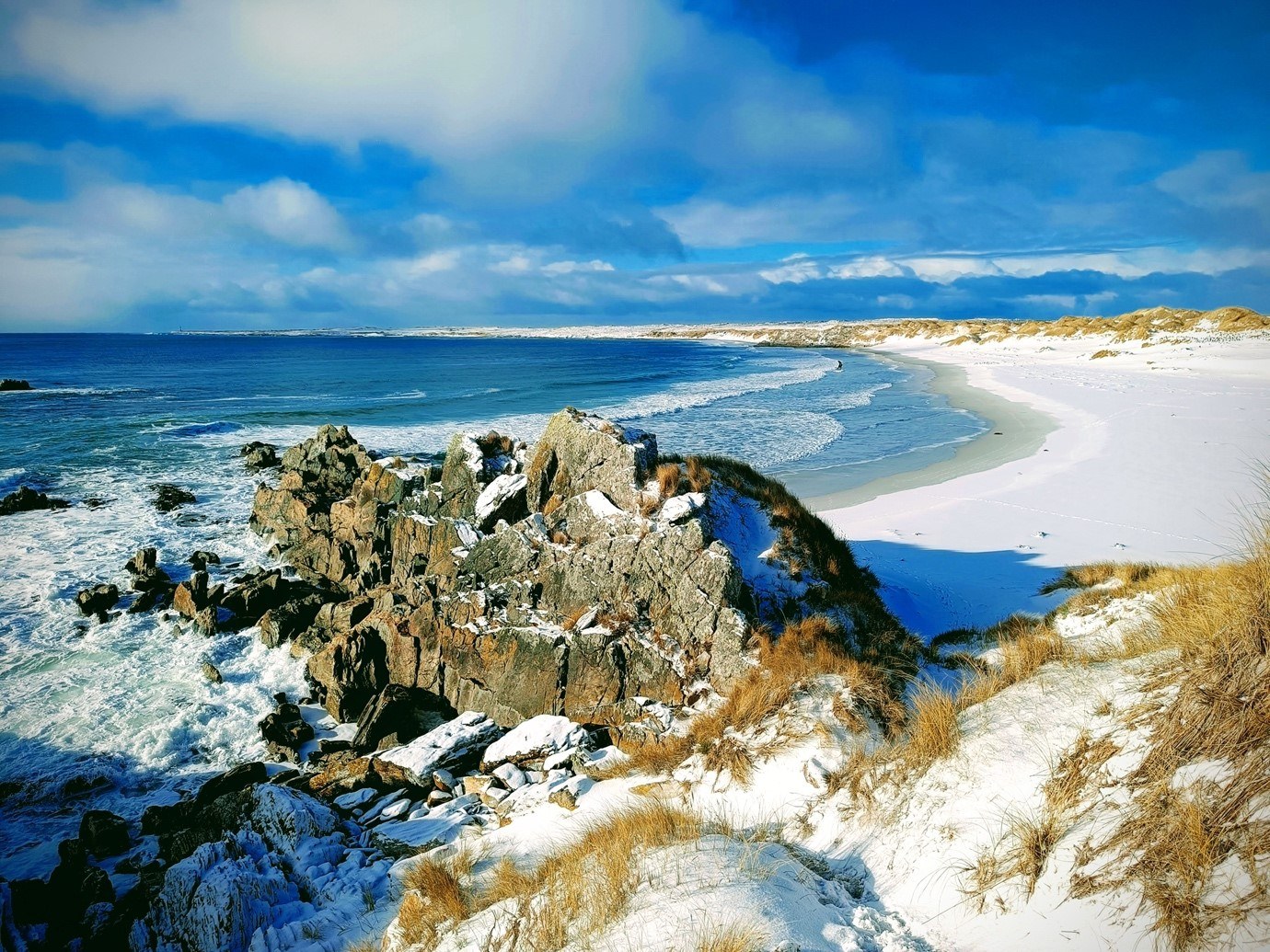
Equipment Verification and Validation
Setting up a temporary lab isn’t as easy as unpacking the suitcase and plugging everything in. Before I could see patients, each piece of equipment required testing to confirm it was performing as expected to ensure we could provide accurate and reliable results. Equipment verification and validation took longer than expected because I was unfamiliar with the lab space, but I knew it was essential to avoid any discrepancies in results. When working in a temporary setup, you must trust that every piece of equipment, consumable and reagent, works perfectly. There’s no room for error when patients and clinicians are counting on you to provide answers.
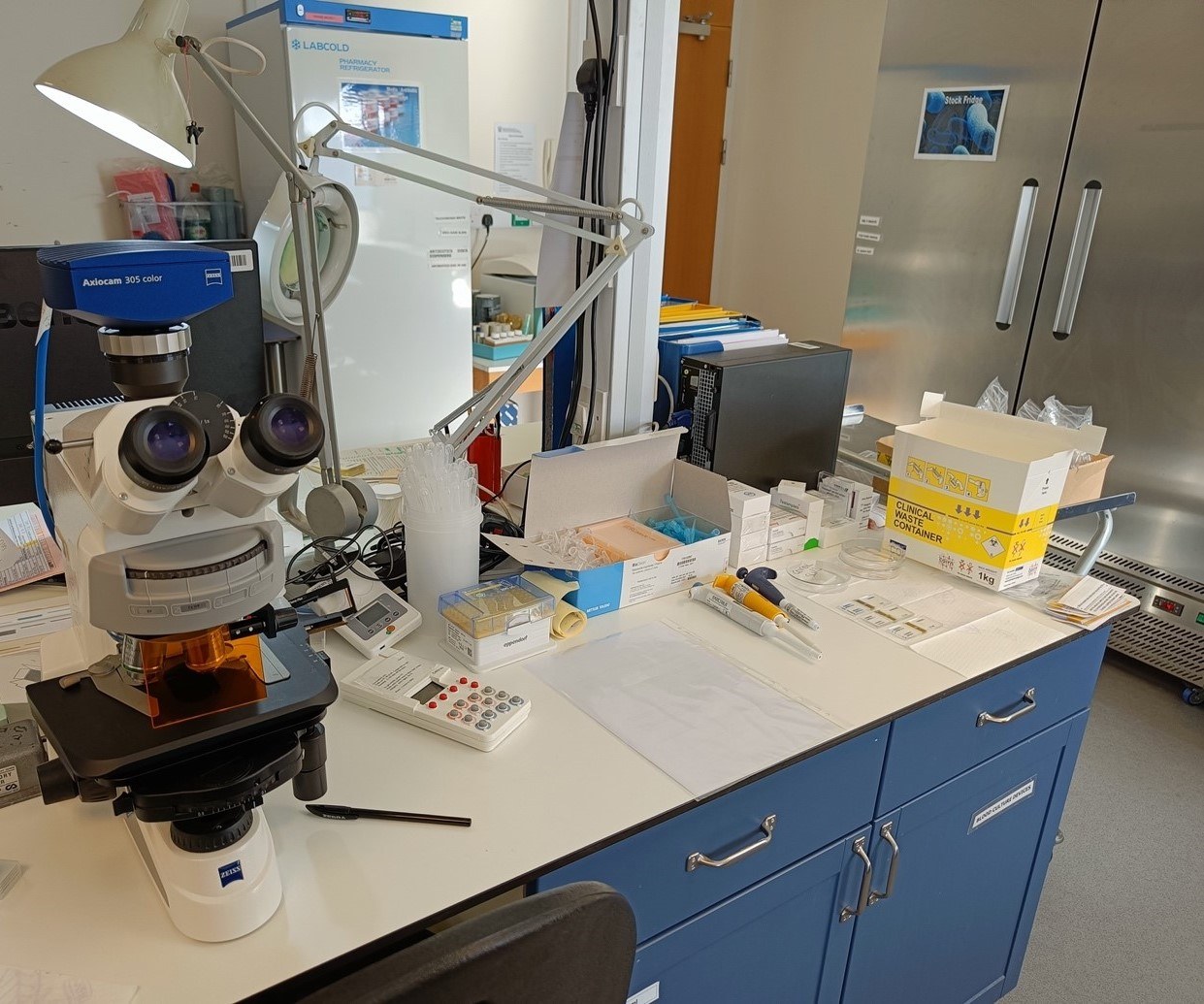
Working Autonomously and Troubleshooting Independently
One of the biggest challenges - and one of the most rewarding aspects - of setting up this clinic was the need to work entirely independently. In the UK, I’m used to having a team of scientists, consultants, admin, IT support, and a maintenance team. But on the Falklands, it was just me and my kit. It was a reminder of the importance of the adaptability and quick problem-solving skills that Biomedical and Clinical Scientists require.
At PHUT, our patient production room is only a stone’s throw from the lab, whereas at KEMH, it was a bit of a logistical challenge. The room where I saw patients was located on a different floor across the other side of the hospital; this meant good time management was vital. I could space patient appointments appropriately to ensure I had enough time for sample liquefaction and motility (+/- vitality) assessment before the next patient arrived.
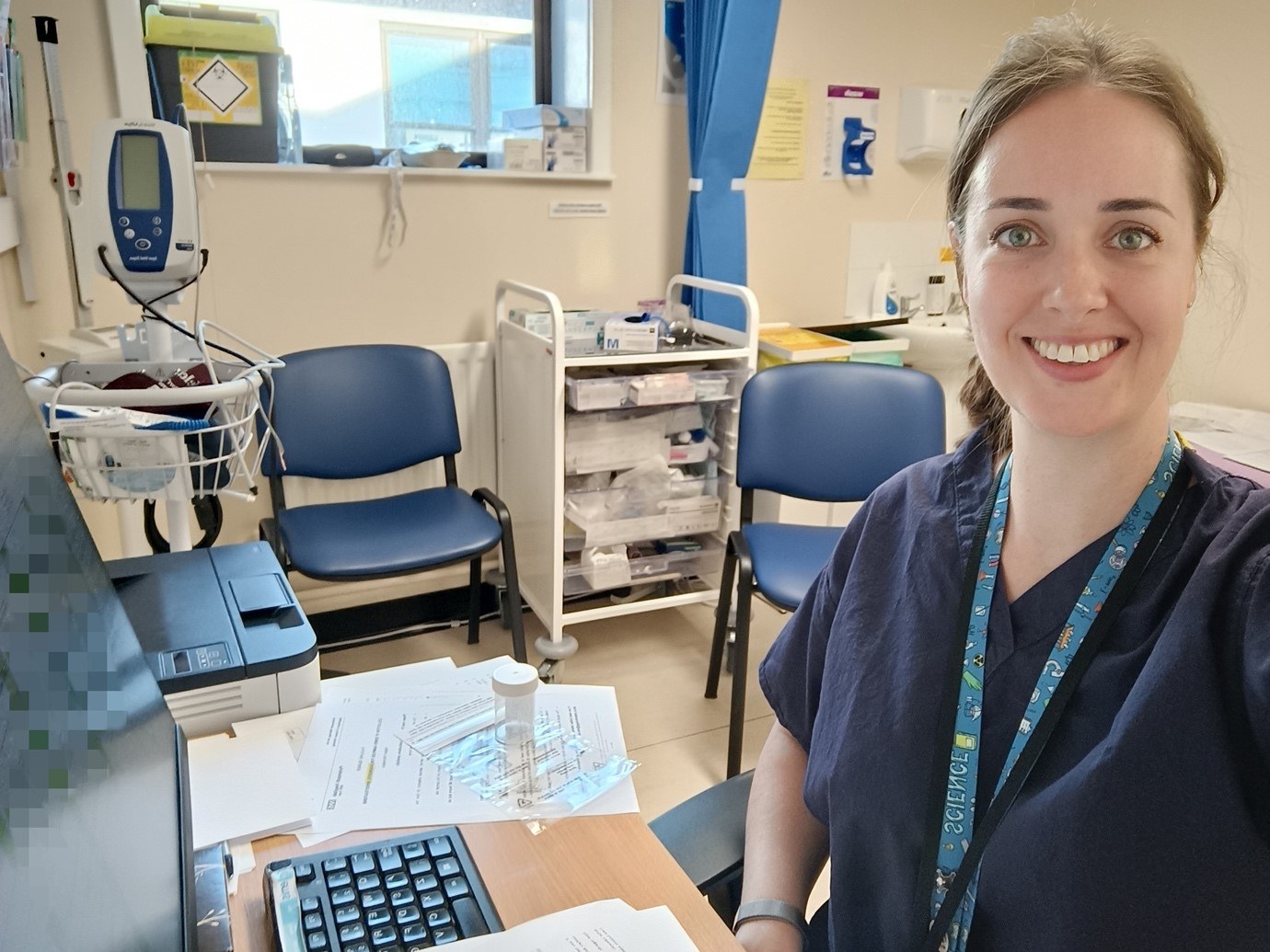
Challenges
- Patient Recruitment The Falkland Islands are home to a small community, which made patient recruitment a delicate task. Talking about fertility is very personal and is a sensitive subject in any setting, and this was especially true in a close-knit place like the Falklands.
- Communication with the UK Connectivity in the Falklands is limited, and Wi-Fi is rarely free; this made it challenging to stay in touch with colleagues and support networks back in the UK. My main method of communication was through emails sent via the KEMH hospital system. However, the UK being four hours ahead left a very small window for communication. It made it difficult to do even the simplest tasks - like sending reports for data input and authorisation.
- Seeing Patients in a Social Setting In my 15-year career, I have never knowingly bumped into a patient outside of the hospital environment – and if I have, I haven’t recognised them. However, due to the small community in Stanley, I ended up in the same place as a patient. Given the nature of my visit, I avoided looking in the patient’s direction, and thankfully, they did the same!
- Weather-Related Flight Delays The Falklands are notorious for their unpredictable weather, and flights often experience delays due to high winds and storms. I was lucky with my flight out, but my return flight was temporarily postponed by three days. However, it ended up leaving as initially scheduled, which made planning a bit tricky.
Highlights
- Meeting Amazing People The people of the Falklands were incredibly welcoming and kind. I met people from all walks of life and all corners of the world. In my short time there, I had a busier social life than I’ve had in years. I saw a local band play, went to the cinema, attended a quiz night at the local school, joined the gym, visited the museum, was invited to line dancing and pilates, was taken on a tour of Stanley, saw the penguins and went searching for sea lions. It was an incredibly heartwarming experience, and I felt genuinely connected to the community.
- Penguins and Other Wildlife One of the unique perks of working in the Falklands was the opportunity to experience the island’s natural beauty and see incredible wildlife up close. I was lucky to encounter penguins, dolphins, sea lions and various bird species. Seeing these creatures in their natural habitat was a unique and unforgettable experience, and it provided a refreshing break from the workday.
- The Hospital Team The whole visit wouldn’t have been possible without the assistance and cooperation of the medical officers, practice manager, nurse specialist and lab team. I took over a room in their clinic area and made myself at home in their lab space; I cannot thank them enough for the kindness and support I experienced.
- A successful visit The feedback received from both patients and healthcare professionals at KEMH was fantastic. It was a privilege to help so many couples who were experiencing difficulty conceiving, and who were very thankful to be able to access diagnostic fertility testing without having to travel the 8000 miles to the UK. Since the visit in August, communication has been ongoing with KEMH, and a second visit is likely to be planned for 2025/2026.
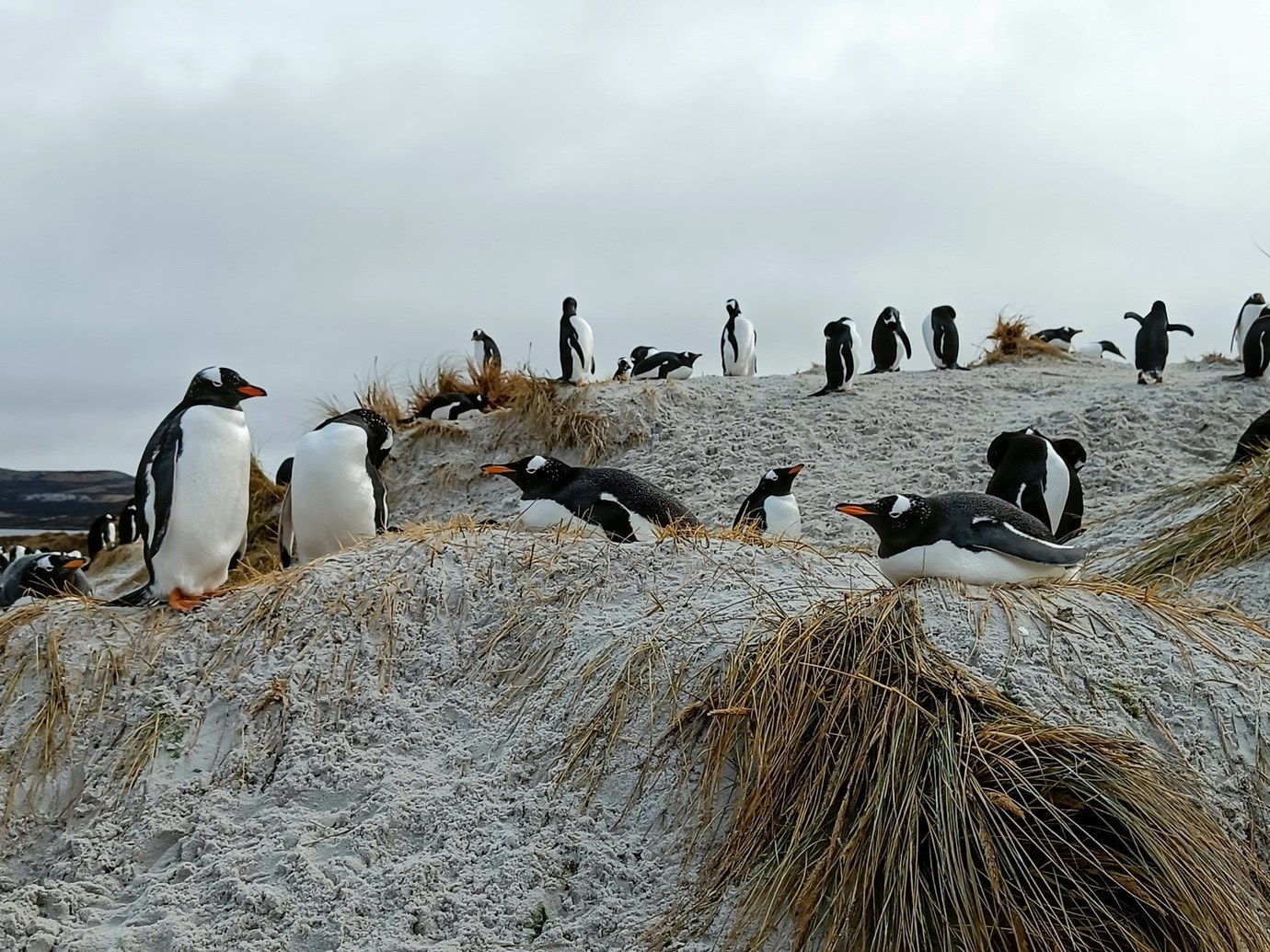
Final Thoughts
Setting up a temporary Diagnostic Andrology clinic in the Falkland Islands was a challenge, a privilege and an unforgettable reminder of why I’m passionate about healthcare. The experience highlighted the resilience required to work autonomously in remote settings. From troubleshooting reagent issues and recruiting patients to witnessing the beauty of the Falklands and braving the island weather, every aspect of the journey was a learning experience. Most importantly, it was an opportunity to bring specialised healthcare to a remote community.
Perhaps there are other British Overseas Territories (in warmer climates) that require Andrology services…?
